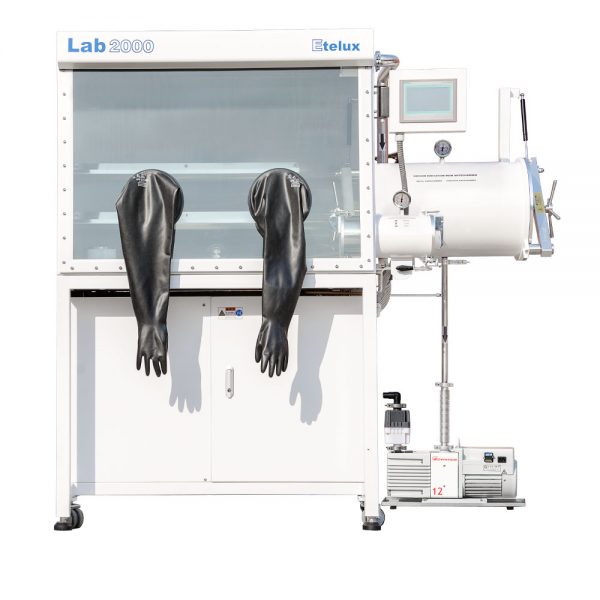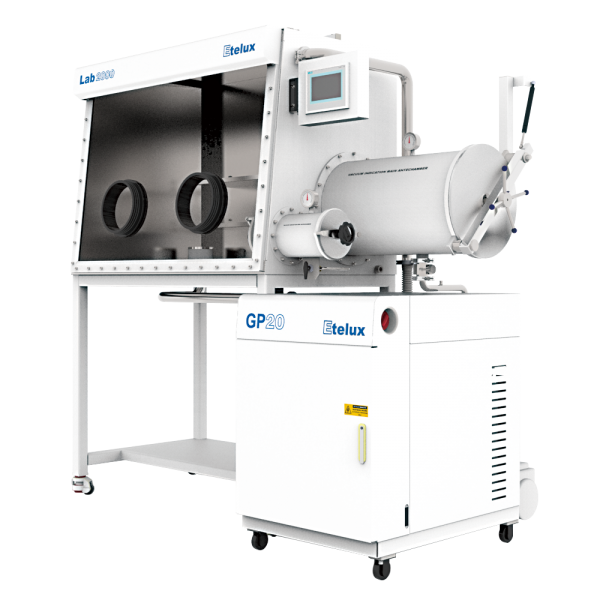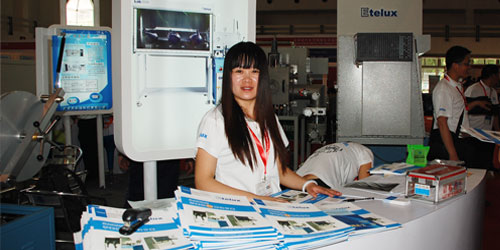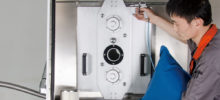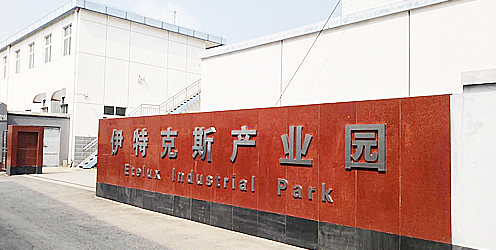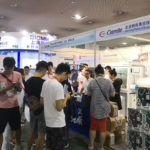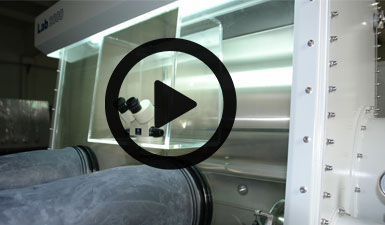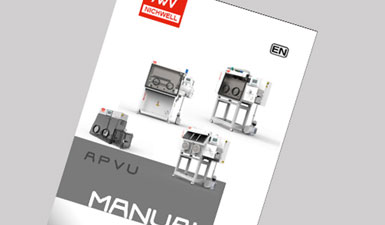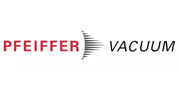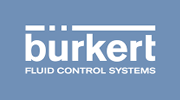Gloves on the glove box are mainly designed to operate in a dust-free, water-free and oxygen-free ultra-pure environment to ensure safety and purity during operation. Below are some common types and their characteristics:
- Neoprene Gloves.
- Advantages: Resistant to acids, alkalis, oils, lubricants, hydrocarbons and other chemicals, suitable for chemical handling, sterilization and filling industries.
- Disadvantages: May be sensitive to certain solvents and performance may deteriorate under extreme temperature conditions.
- Nitrile rubber gloves.
- Advantages: Excellent high and low temperature stability and sterilization performance, suitable for pharmaceutical and food processing industries.
- Disadvantages: Relatively high cost and may degrade when exposed to ketones and aromatic hydrocarbon solvents.
- Butyl rubber gloves.
- Advantages: Acid and alkali resistance, oil resistance, good corrosion resistance, especially suitable for chemical industry, energy battery factory, scientific research laboratory and other environments.
- Disadvantages: Elasticity and dexterity may not be as good as other types of rubber gloves, affecting the comfort of operation.
- CSM Chlorosulfonated Polyethylene Rubber Gloves.
- Advantages: Also has good resistance to acid and alkali, oil and corrosion, suitable for chemical, pharmaceutical and food processing industries.
- Disadvantages: Physical strength and abrasion resistance may not be optimal, and may be easily damaged by long-term use.
- EPDM rubber gloves.
- Advantages: Excellent resistance to acid and alkali, oxidation and ozone, and corrosion resistance, suitable for chemical, autoclave, pharmaceutical, and electronic industries.
- Disadvantages: Can be costly and may harden at low temperatures, affecting dexterity.
The selection of each type of glove depends on the specific application and operational requirements. For example, neoprene or butyl rubber gloves may be more appropriate in environments that require a high degree of chemical protection, while nitrile rubber gloves are widely used in food or pharmaceutical production due to their non-toxic, non-hazardous properties. Choosing the right material not only improves work efficiency, but also safeguards operator safety and product purity.
Etelux gloveboxes utilize butyl rubber gloveboxes to maintain better sealing and usage. In addition, Etelux also sells other types of banana gloves mentioned above, which are used in different experimental scenarios!

